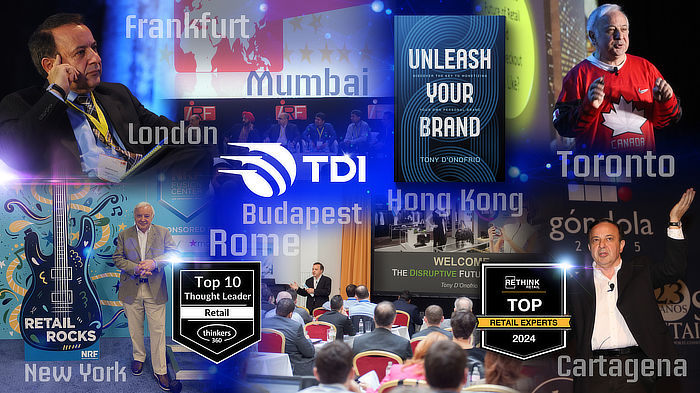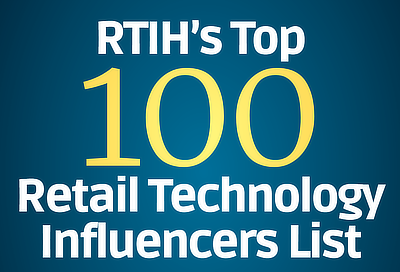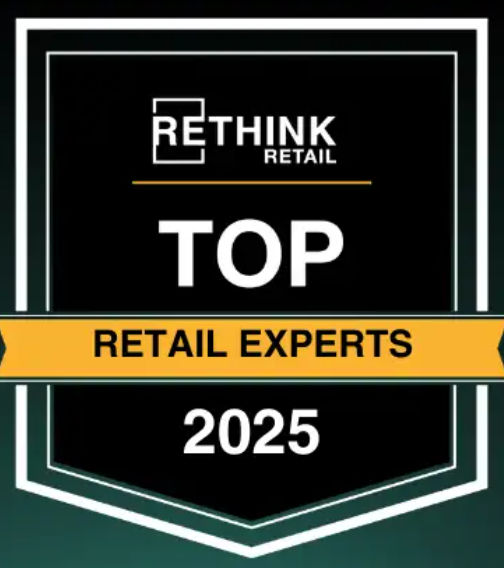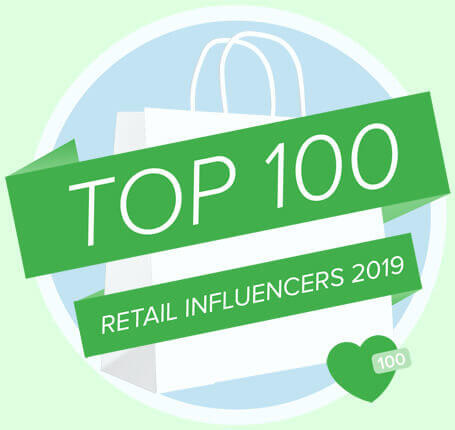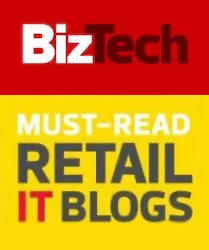Loss Prevention Research Council Weekly Series - Episode 97 - Metaverse / NFTs and The Continued Rise of E-commerce
With Dr. Read Hayes, Tony D'Onofrio, and Tom Meehan
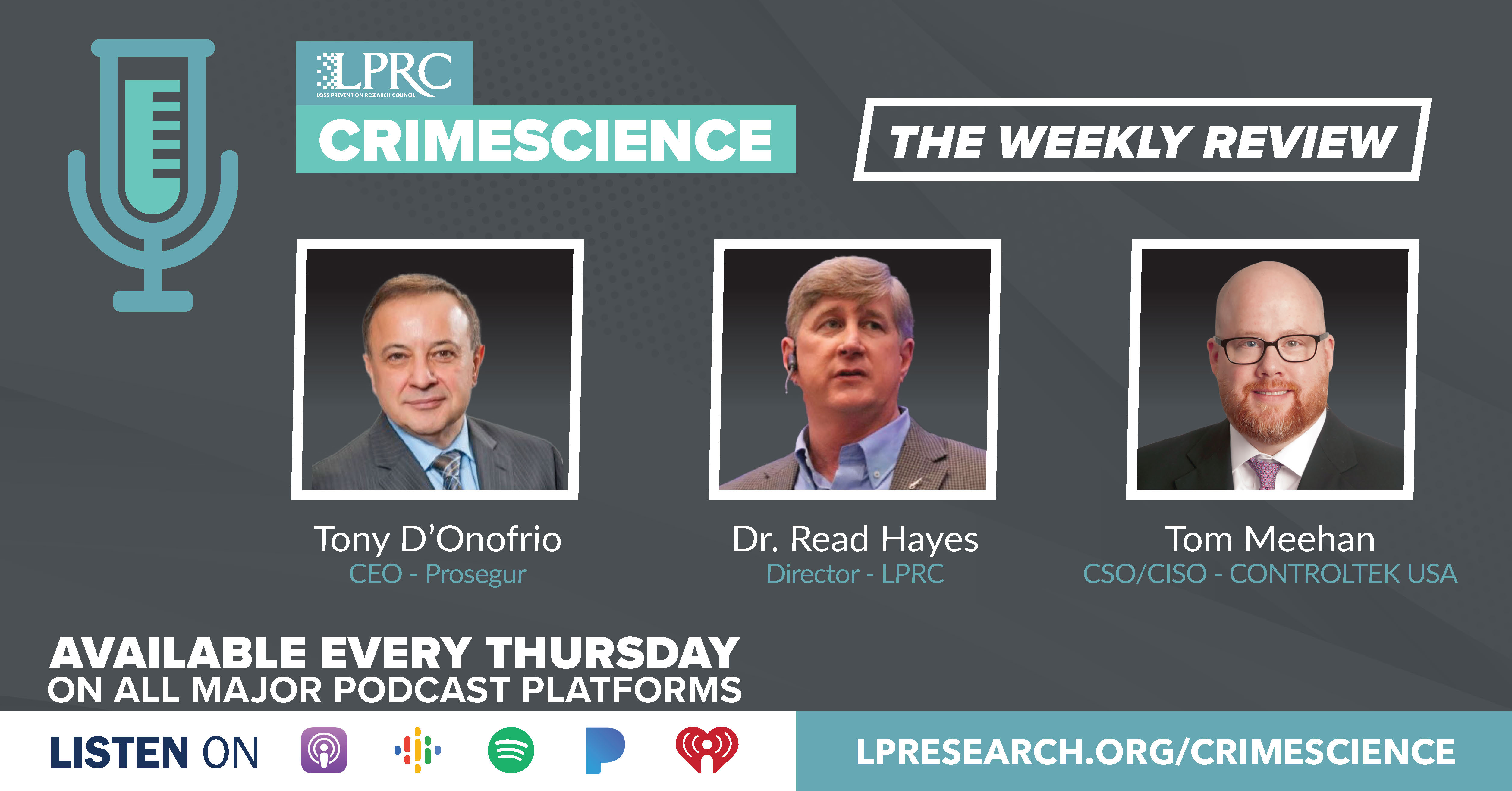
What do Consumers Think About the Metaverse and NFTs?
https://chainstoreage.com/what-do-consumers-think-about-metaverse
The metaverse and NFTs have been in the news a lot lately. But does the buying public or the consumer really think about it. For answers let’s turn to a new survey published in Chain Store Age.
While only 5% of respondents said they are part of the metaverse, the survey still reveals potential for the metaverse as a retail channel.
In the metaverse, consumers use augmented and virtual reality technology to digitally engage with each other and their surroundings, with crossovers into the physical world.
The survey revealed that 41% of respondents are interested in connecting with others virtually, while 26% reported feeling neutral and 19% said they were not interested. More than half (52%) of respondents have heard of the metaverse, with 42% saying they don’t know much about it.
Of respondents who have not heard of the metaverse, 76% are disinterested or neutral, while 25% expressed interest (figures total over 100% due to rounding). While 42% of respondents have not seen any brands on the metaverse, among those who have, the top five metaverse brands are:
- Meta/Facebook (41%),
- Nike and Microsoft (tied at18%),
- Disney and Coca-Cola (tied at 17%).
In addition, the survey indicates that metaverse brand recognition is emerging for Wendy’s, Gucci, Louis Vuitton, Chipotle, NASCAR, Hyundai, and Balenciaga, although all are currently receiving 10% or less of customers’ recognition.
The survey also examined the impact of celebrity influencers in the metaverse, finding that more than half of respondents (53%) are not interested in interacting with celebrities in the metaverse. But among those respondents interested in celebrity influencer interaction, Lady Gaga tops the list as the most sought-after celebrity (24%), followed by Rihanna (22%), Snoop Dogg (20%), and Paris Hilton (12%).
The survey also examined respondent attitudes toward non-fungible tokens or NFTs. Findings include:
- More than half of respondents have heard of but not acquired NFTs (55%).
- Of those that have heard of but not acquired NFTs, nearly half (48%) are not likely to acquire one at all, while only 18% are likely or very likely.
- Over one-third (36%) of respondents have not heard of NFTs.
- 9% of respondents have heard of and acquired NFTs. Of those that own NFTs, 46% acquired them due to an expected increase in value over time. Another 38% acquired them because they liked the design, 28% acquired to support an artist, and 28% acquired because it was an exclusive item.
Of Note in the article from experiential e-commerce platform Obsess, indicates that 70% of all consumers who have shopped online in a virtual store have made a purchase in one.
Overall, one-quarter of respondents to the Obsess survey had shopped online in a 3D virtual store. Among that group, 70%—including 69% of Gen Zers, 77% of millennials and 67% of Gen Xers—had made a purchase in a virtual store.
A Look at the 2022 Top 50 Global Retailers
https://nrf.com/blog/look-2022-top-50-global-retailers
The NRF partnered with Kantar to deliver the Top 50 Global Retailers list as a fresh look at the 50 most impactful international retailers based on their operations at the start of 2021.
The Top 10 global Retailers from this 2022 list are:
- Walmart from USA
- Amazon from USA
- Schwarz Group which runs Lidl stores from Germany
- Aldi again from Germany
- Costco from USA
- Ahold Delhaize from Netherlands
- Carrefour from France
- IKEA from Sweden
- Seven & I which runs 7-Eleven from Japan
- Home Depot from USA
Four of the top ten retailers are from USA. Five are from Europe and one of the top 10 is from Asia.
Online sales to grow $2.4 trillion from 2021-2026
https://chainstoreage.com/online-sales-grow-24-trillion-2021-2026
Going back to Chain Store age, a new study predicts the growth of Ecommerce.
According to the latest edition of the annual Future of the Digital Shelf Report from Edge by Ascential, online worldwide sales will reach $2.4 trillion in gross merchandise value (GMV, or total value of goods sold) in 2026. This means e-commerce will account for almost 40% of global retail sales by 2026, with store-based retail dropping to 60% from 69% of total sales.
In addition, from 2021 to 2026, e-commerce will make up 63% of all total GMV growth, outpacing every other store-based retail channel. During the COVID-19 pandemic in 2020, e-commerce activity increased by 37% worldwide, which caused advancement and evolution throughout the entire online shopping ecosystem.
The study indicates the majority of shoppers now begin their product searches on digital channels, with one in three store purchases beginning online. And when in-store, shoppers are increasingly engaging with digital experiences through mobile apps, QR codes, and social media and payment.
Other interesting findings include:
- Retailers lose up to more than one-fifth (22%) of their weekly sales for every day their product is out of stock.
- Search is now the preferred way to shop, and an entry point for product and brand discovery.
- For products sold online, a product detail page and online packaging are as critical as the packaging and promotional material for products displayed on a physical shelf.
Recent data from Adobe confirms that e-commerce is becoming a $1 trillion-plus market. Online consumer spending in the U.S. will pass the $1 trillion mark for the first time this year, according to Adobe. Inflation is playing a role, with $3.8 billion in e-commerce growth being driven by higher prices in the first two months of 2022. In 2022, Adobe expects U.S. consumers could pay as much as $27 billion more online for the same amount of goods due to inflation.
LPRC visitors just keep coming to the labs! The metaverse is creating waves in the retail space! In this week’s episode, our co-hosts discuss children’s immune systems fight against COVID-19, the top celebrities in the metaverse, vaccine quantities are swinging, and PPP loans fraudsters are pursued.
Listen in to stay updated on hot topics in the industry and more!



